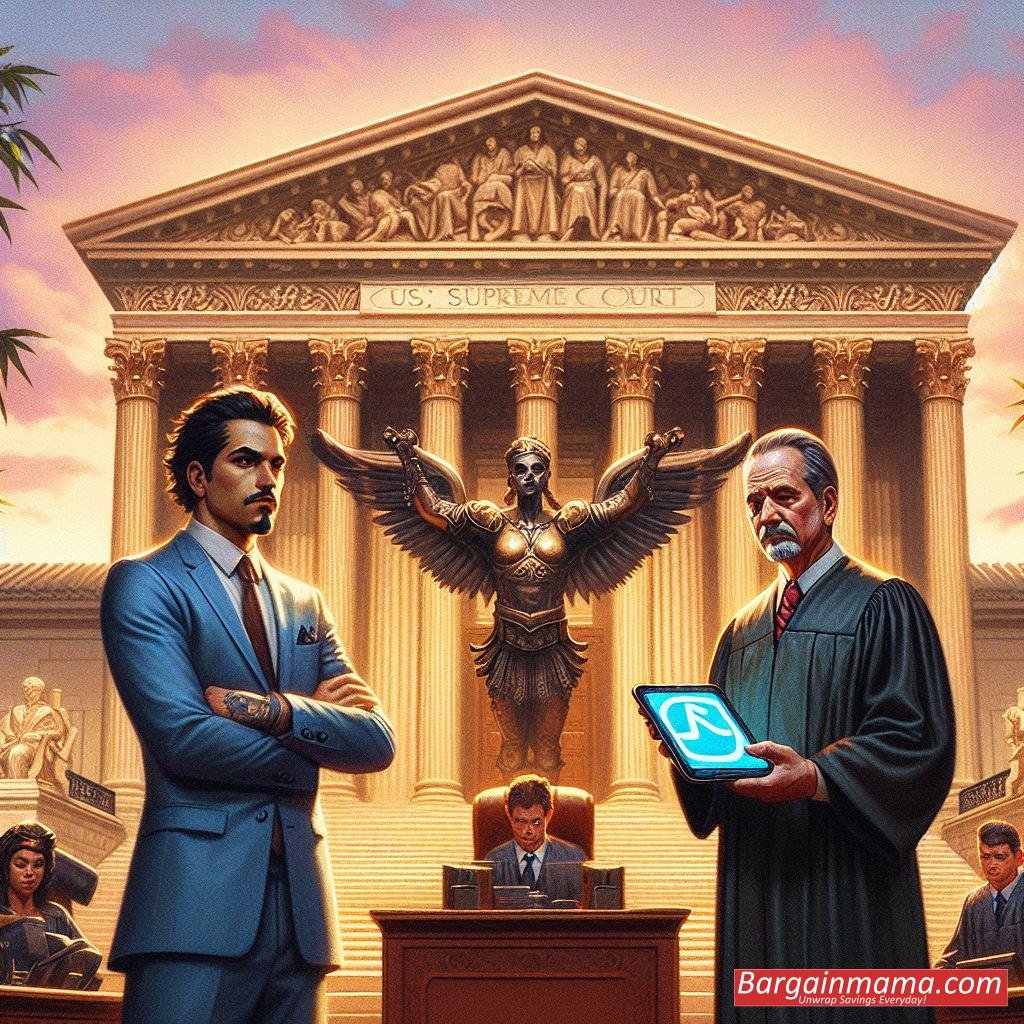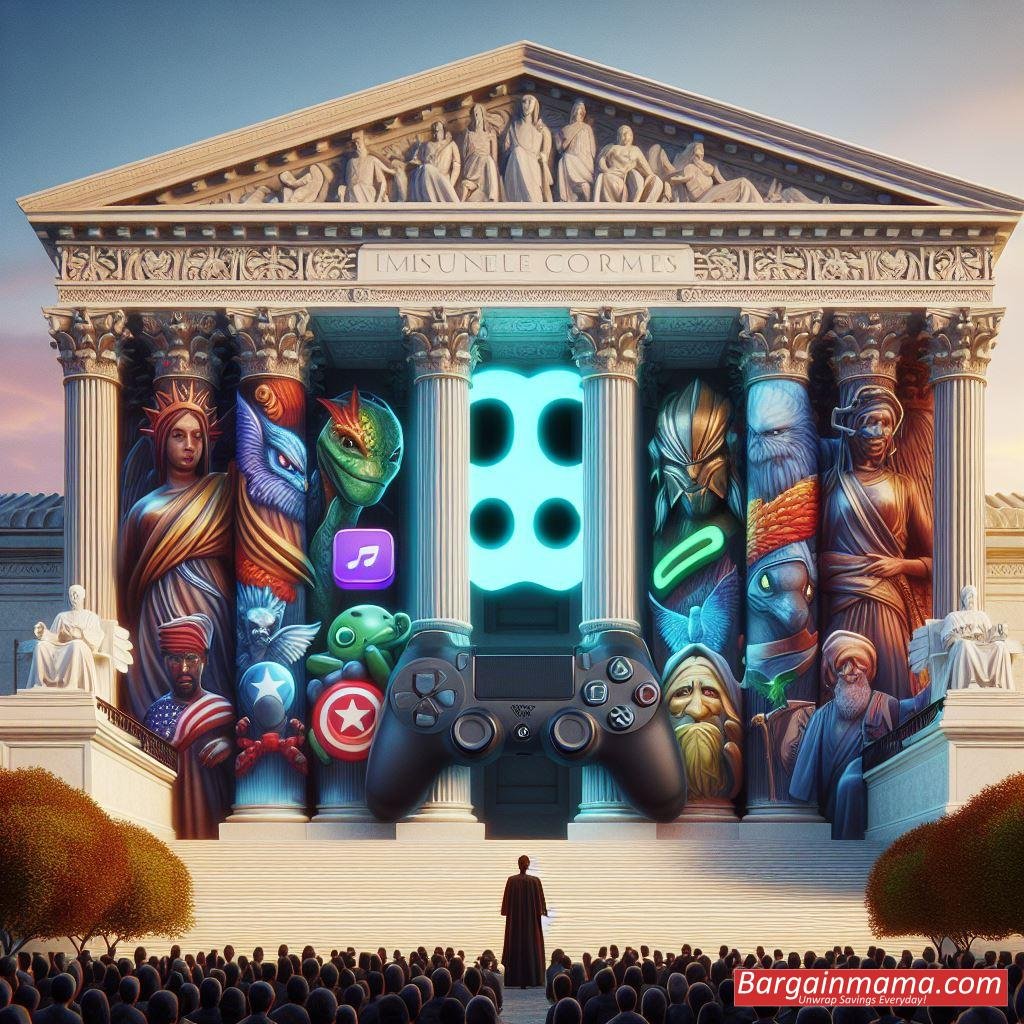First of all,
The United States Supreme Court has made a crucial decision in the ongoing legal struggle between Apple and Epic Games by refusing to hear the appeals from both parties. The Ninth Circuit’s earlier decision, which required Apple to allow developers to offer alternate payment methods for apps and services outside the App Store, served as the basis for the current order. The permanent order, which gives developers a way to avoid Apple’s 30 percent commission, will remain in place as a result of the Supreme Court declining to consider the appeals. This article explores the ramifications of this choice and how it might affect the tech industry.

Background:
The legal fight started when a judge dismissed Apple’s exclusive authority over in-app transactions made through the App Store, ruling in favor of Epic Games. Not happy with the ruling, Apple filed an appeal with the Supreme Court in September of the previous year, calling the circuit court’s ruling “unconstitutional.” Epic Games contended that Apple’s business model contravenes federal antitrust laws; however, the Supreme Court declined to take this argument into account.
Important Takeaways from the Ninth Circuit’s Ruling:
In an earlier decision, the Ninth Circuit agreed with Epic Games that Apple had violated California’s Unfair Competition law. The court rejected a portion of Epic’s argument, but refrained from characterizing the App Store as a monopoly. The permanent injunction that permits developers to avoid Apple’s 30 percent commission was made possible by this ruling.
Financial Repercussions:
Developers will generate an astounding $1 trillion in total billings through Apple’s App Store in 2022, making it a pillar of the company’s revenue stream. Notably, the revenue from gaming applications alone is predicted to be $100 billion annually. Undoubtedly, Apple will face financial consequences as a result of the Supreme Court’s decision to uphold the injunction, which may also affect the company’s app distribution strategy.

The CEO of Epic Games:
Tim Sweeney, voiced his displeasure with the Supreme Court’s decision to reject the appeal, calling it a “sad outcome.” With the claim that Apple’s policies violate federal antitrust laws, Epic Games has been leading the charge to challenge the company’s developer transaction fee policy since 2020. With the appeal denied, Epic Games and its backers are left to consider their options for changing the app store’s policies.
Broader implications for the industry:
Epic Games is not the only company fighting app store policies. The exclusivity of the app stores on the Apple and Google platforms is also being contested by businesses like Spotify and the New York Times. The Coalition for App Fairness, which is made up of more than sixty companies, is opposed to making the use of app stores mandatory and instead supports an open ecosystem. The ruling by the Supreme Court might inspire other organizations to question the current quo, which could have repercussions for the state of the sector.

Government Oversight:
The Department of Justice (DOJ) has been actively looking into whether Apple’s App Store policies inhibit competition in the online market. There are many rumors that the DOJ may file an antitrust lawsuit against Apple. The Supreme Court’s position complicates the ongoing investigation and exposes the internet behemoth to additional legal problems.
In conclusion, the Supreme Court’s decision to reject the appeals filed by Epic Games and Apple reinforces the ruling of the Ninth Circuit and establishes a standard for app store regulations. The consequences of this ruling go beyond the courts as the tech sector struggles with the changing environment. The massive digital marketplace that is Apple’s App Store is coming under more and more scrutiny from both competitors and regulatory agencies. The denial of these appeals represents a turning point in the ongoing discussion about the ownership and business models of app distribution networks.



